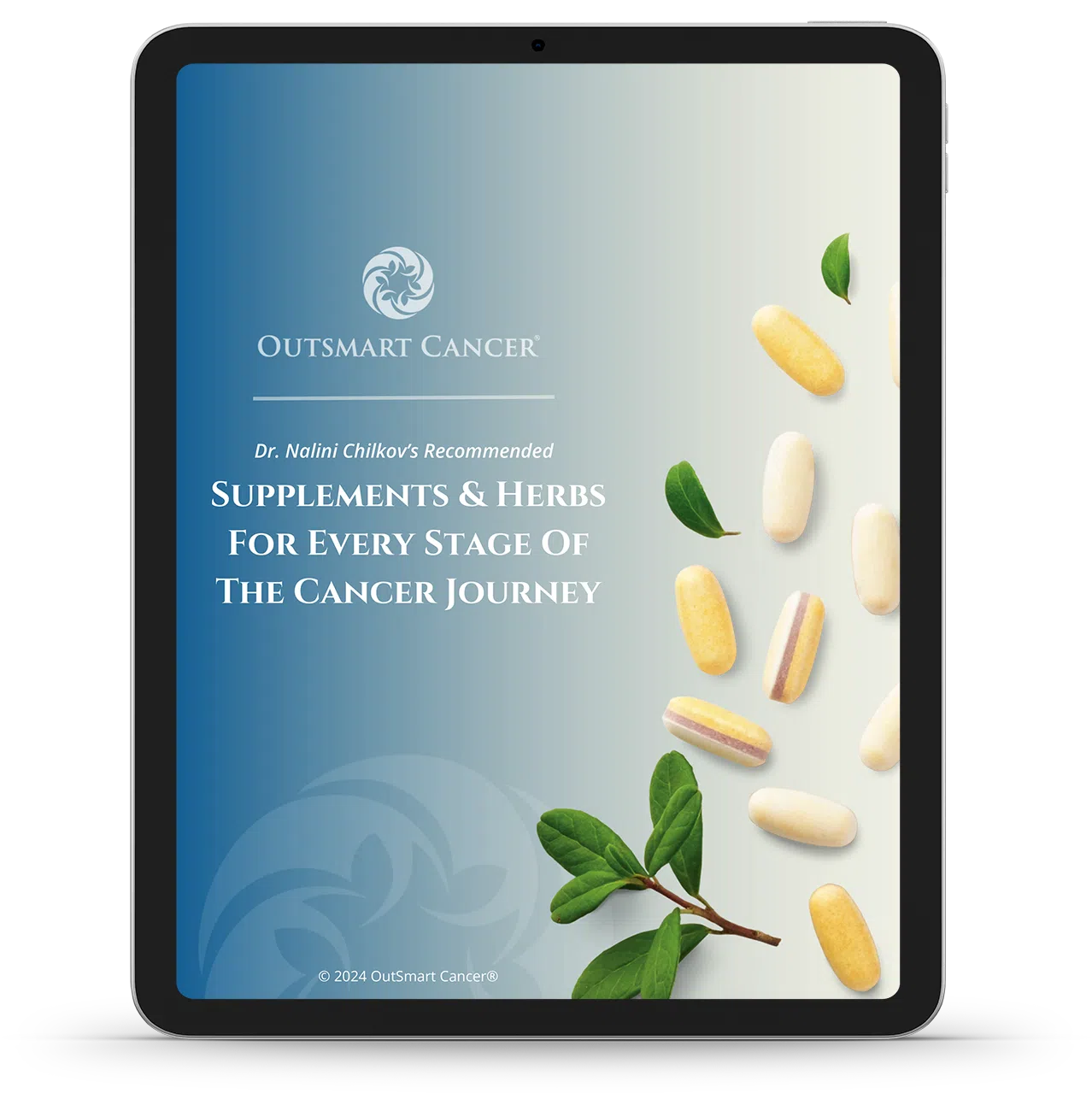
How to be a Cancer Survivor and Thriver.
The message here is BE PROACTIVE in your own decisions and care and BUILD A TEAM. Tend to the WHOLE PERSON, body, mind and spirit. Tend to your LIFE. Know that any complex challenge requires a diverse team for a comprehensive and intelligent approach and the very best outcomes and quality of life.
Here are 12 Steps that will give you a sense of control and participation in your own journey.
While there are a lot of questionable sites on alternative cancer care and treatment, this post comes from the wonderful blog by Kris Carr: Crazy Sexy Life and was contributed by Jeannine Walston founder of Embodiworks, a reliable, sensible source of information on Integrative Cancer Care. Jeannine Walston writes:
Identifying quality providers is essential to optimally supporting health and healing through cancer. The full spectrum of comprehensive whole-person cancer care will not come from one professional, but instead through a team.
Integrative cancer care is a dynamic medical practice. Providers have different concepts about what that means. You will find a lot of variability in the services integrative providers offer to cancer patients. Feel empowered to thoroughly research providers to make informed decisions.
Know that integrative cancer care optimally tends to you as a whole person – body, mind and spirit, including social and environmental health. Consider what this means to you and the areas where you need more support. Recognize that every health and healing equation is unique to each individual.
Here are some important tips to help you in choosing integrative cancer care providers and creating an integrative cancer care plan.
1. Give yourself self-care. Before you begin your research process, throughout your cancer journey and beyond, find ways to relax and resource yourself. You must feel calm enough to access and use your skills for evaluating options and navigating cancer as well as living your life to the fullest.
2. Identify support. Ask for help from family and friends. Meaningful time together, a healthy meal, playful excursion, errands, research about the diagnosis and treatments, and a companion at appointments are some possibilities. Seek knowledge about health and healing through cancer from new contacts too.
3. Consult with cancer professionals. Services through cancer guides and patient navigators can help with research of treatment options along with other components of integrative cancer care. Consider finding someone with this expertise.
4. Identify questions to evaluate cancer treatments and providers. Take the time to create a list of important questions for your research process. Questions should include the safety and efficacy of cancer treatments, quality of evidence, and qualifications and experience of cancer providers including integrity, consistency and reliability.
5. Research your diagnosis and cancer treatment options. Explore cancer resources through government agencies, non-profit organizations, PubMed (an online database), other online databases and journals. Apply your questions to evaluating cancer treatments and providers.
6. Research oncologists and choose one. Learn about oncologists with expertise in your cancer diagnosis, especially since treatment recommendations often vary. Identifying several oncologists will allow you to collect multiple opinions. After consulting with several providers and confirming your diagnosis, select an oncologist. Know that only a limited number of oncologists practice varying degrees of integrative cancer care.
7. Find providers for whole body health care. Even if you find an oncologist working within integrative cancer care, you will most likely need additional integrative providers with expertise in cancer to address your entire physical body. Consider integrative medicine systems such as naturopathy, functional medicine, traditional Chinese medicine and ayurveda.
8. Support your mind-body health. Caring for your mental and emotional inner life will support your health and healing. Incorporate ways to optimize your mind-body balance and vitality. You can do this through self-care as well as working with providers. Some strategies from providers include massage, biofeedback, and psychological support. Meditation, breathing techniques, imagery, movement, creative expression and other approaches can be done alone, in groups or with providers.
9. Tend to your spirit. The spiritual dimensions of life often become more prominent when dealing with cancer. As spiritual questions surface, opportunities for new knowledge about religion and spirituality emerge. Find spiritual support within yourself and from others.
10. Improve your environment. With nearly 80,000 chemicals today considered potential environmental carcinogens, steps must be taken to safeguard against contaminants. Create a healthier environment using non-toxic products for personal care, household cleaning, water and air purification, as well as protection against other everyday exposures.
11. Focus on what you love. Give your attention to what you enjoy and feel passionate about. The people, activities, places and anything else that brings you joy will help ground you in yourself and give strength as you navigate any challenges. Focusing your attention on what you love will bring light to your spirit and life.
12. Trust. Release any fear that you experience. Feel your strength. Trust yourself and the process.
Continue to support your health and healing daily through self-care. Know that you can make modifications at any time with your providers and integrative cancer care plan. Embrace your journey. Life is yours to claim more deeply. Live it to the fullest.
Jeannine Walston is co-founder and executive director of EmbodiWorks, a non-profit organization that provides integrative cancer-care education and advocacy. She is a cancer survivor and has worked in the U.S. Congress, government agencies, cancer non-profit organizations, and health care practices.




